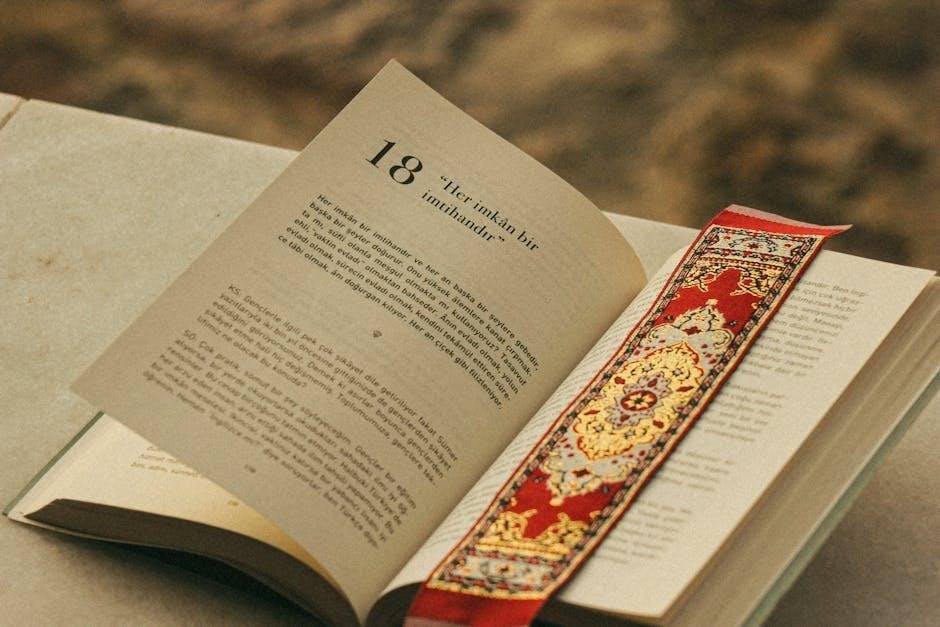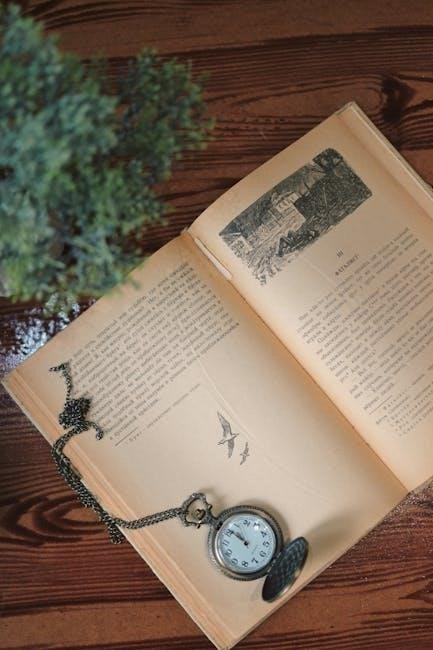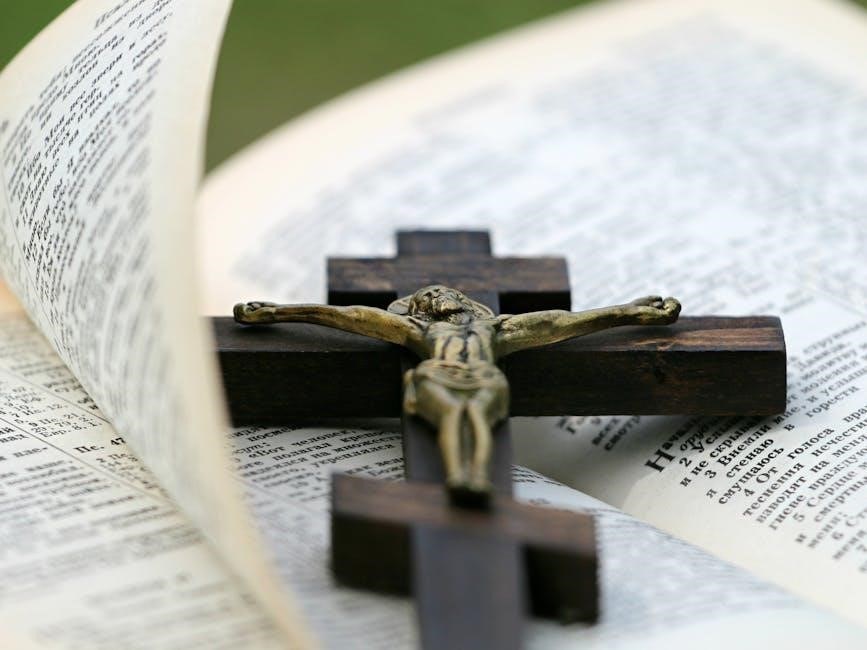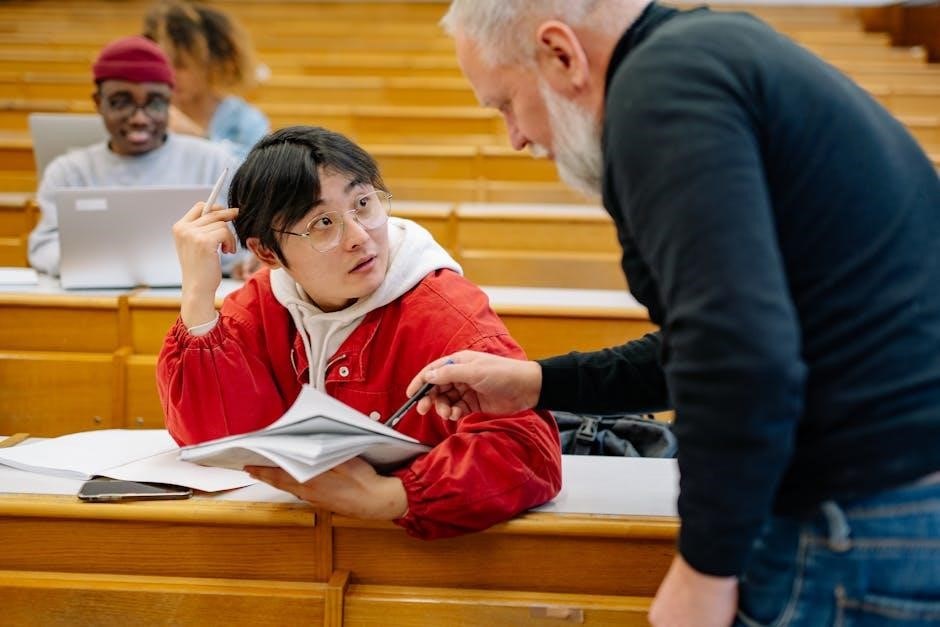lord of the flies chapter 5 questions and answers pdf
Summary
Get instant access to Lord of the Flies Chapter 5 questions and answers PDF. Perfect study resource for students!

Key Questions from Chapter 5 of “Lord of the Flies”
What is Ralph realizing is necessary in order to be a leader? Ralph realizes that leadership requires responsibility and seriousness, not just fun or power.
What rules have been ignored? List at least 3. The rules ignored include maintaining the fire, respecting the conch shell, and adhering to meeting procedures.
Why doesn’t Ralph blow the conch when the meeting dissolves into chaos? Ralph doesn’t blow the conch because the group has lost respect for it, and chaos makes it ineffective.
At the end of the chapter, what does Ralph wish for? Ralph wishes for the return of adult supervision and civilization to restore order.
1.1. What is Ralph realizing is necessary in order to be a leader?
Ralph realizes that leadership demands more than just authority; it requires discipline and responsibility. He understands that maintaining order and ensuring survival necessitates strict rule enforcement and tough decision-making. Ralph sees that without strong leadership, the group may descend into chaos, highlighting the importance of structure and accountability to preserve civilization and unity.
1.2. What rules have been ignored? List at least 3.
The rule to maintain the fire responsibly has been ignored, leading to its neglect and difficulty in keeping it alive.
The rule requiring respect for the conch shell during meetings has been disregarded, causing chaos and disorder.
The rule to prioritize group safety and cooperation has been overlooked, as boys focus on immediate desires like hunting rather than collective well-being. These ignored rules reflect the erosion of civility and structure among the group.
1.3. Why doesn’t Ralph blow the conch when the meeting dissolves into chaos?
Ralph doesn’t blow the conch because the boys have lost respect for it as a symbol of authority and order. The chaos and disorder in the meeting make him realize that the conch no longer holds the power to command attention or restore discipline. Additionally, Ralph feels overwhelmed by the situation and recognizes that the conch has become ineffective in maintaining control; This reflects the broader erosion of civility and the decline of the group’s adherence to rules and structure.
1.4. At the end of the chapter, what does Ralph wish for?
Ralph wishes for the return of adult supervision and the restoration of order. He longs for the comforts and security that civilization provides, acknowledging the failure of their self-governance; This desire reflects his growing awareness of the challenges of leadership and the need for structured authority to maintain peace and discipline among the group, highlighting his maturity and recognition of the limitations of their island society.

Themes in Chapter 5
The conch shell symbolizes order and civility, while its neglect highlights the group’s descent into chaos.
The fear of the “beast” escalates, revealing the boys’ primal anxieties and the erosion of rational behavior.
Ralph and Jack’s contrasting leadership styles—order vs. savagery—underscore the struggle between civilization and instinctual human nature;
2.1. The importance of the conch shell as a symbol of order
The conch shell symbolizes order, civility, and democratic decision-making, as it grants the speaker authority during meetings.
However, as chaos grows in Chapter 5, the conch’s power wanes, reflecting the boys’ disregard for rules and their descent into savagery.
Ralph’s realization of its importance highlights the shell’s role in maintaining structure, but its neglect underscores the group’s slide into anarchy and fear-driven behavior.
2.2. The growing fear of the “beast” and its impact on the group
The fear of the “beast” escalates tension and paranoia among the boys, causing them to act irrationally and lose trust in their leaders.

This fear disrupts meetings and distracts from essential tasks like maintaining the fire, symbolizing how irrational fears can undermine order and unity.
The “beast” becomes a shared delusion, highlighting the group’s vulnerability to collective anxiety and their gradual descent into chaos and primal behavior.
2.3. The struggle between leadership styles: Ralph vs. Jack
Ralph’s leadership emphasizes order, responsibility, and the greater good, while Jack prioritizes power, control, and immediate desires like hunting.
Ralph believes in democratic decision-making, using the conch to ensure fairness, whereas Jack disregards rules and focuses on assertive dominance.
Their conflict reflects the clash between civility and savagery, with Ralph striving to maintain civilized norms and Jack embracing primal instincts, leading to division and chaos within the group.

Character Development in Chapter 5
Ralph matures, realizing leadership’s seriousness and longing for civilization. Piggy voices concerns about Jack’s resentment toward him and Ralph, concluding the group’s behavior is chaotic and irrational.
3.1. How has Ralph changed? What does this reveal about his leadership?
Ralph has matured, transitioning from viewing leadership as a game to understanding its serious responsibilities. He now sees leadership as a burden, recognizing the need for order and civilization. His longing for adult supervision highlights his realization that true leadership requires more than just authority—it demands structure and accountability. This shift reveals Ralph’s growing awareness of the group’s needs and his own limitations, showcasing his potential to evolve into a more effective, responsible leader amidst the island’s chaos.
3.2. What does Piggy say about Jack’s feelings for him and for Ralph?
Piggy observes that Jack harbors resentment and jealousy, particularly toward Ralph, driven by a desire for power and control. He notes that Jack’s feelings stem from a deep-seated dislike, possibly rooted in Ralph’s leadership position and Piggy’s role as an advisor. Piggy also suggests that Jack’s animosity toward him is personal, likely due to his intelligence and outspoken nature. This tension highlights the growing divide between the two factions and underscores the group’s deteriorating cohesion, as personal vendettas overshadow collective goals.
3.3. What conclusion does Piggy come to about the group’s behavior?
Piggy concludes that the group’s behavior is becoming increasingly chaotic and uncivilized. He observes that the boys are losing their sense of order and responsibility, as seen in their neglect of the fire and disregard for the conch shell. Piggy realizes that the group’s fear of the “beast” has escalated into hysteria, leading to irrational actions. He connects this behavior to a broader decline in their moral standards and respect for leadership. Piggy’s observation highlights the group’s regression into savagery and their inability to maintain the structure necessary for survival and harmony.

Symbolism in Chapter 5
- The conch shell: Represents order and democracy, as it loses its power when chaos ensues.
- Fire: Symbolizes survival and civilization, neglected as the group’s priorities shift.
- The beast: Embodies fear and primal instincts, driving the boys’ descent into savagery.
4.1. The significance of fire and its neglect
The fire, a symbol of civilization and survival, is neglected in Chapter 5, reflecting the boys’ regression into savagery. Its absence highlights their irresponsible behavior and lack of foresight.
The fire’s extinction symbolizes the group’s disconnect from societal norms and their inability to maintain order. The neglect also signifies a shift in priorities, as Jack focuses on hunting rather than survival needs.

Ralph and Piggy’s frustration over the fire’s neglect underscores the growing chaos and disregard for rules, further emphasizing the group’s descent into anarchy and primal instincts.
4.2. The conch shell as a symbol of civilization
The conch shell represents order, democracy, and civilization in the novel. It is used to call meetings and ensure everyone speaks fairly, embodying the boys’ initial attempt at organized society.
As chaos grows, the conch loses its power, symbolizing the erosion of civilization. Ralph’s reliance on it shows his commitment to order, while its diminishing influence reflects the group’s descent into savagery.
The conch’s significance is further highlighted by Piggy, who understands its role in maintaining structure. Its decline mirrors the boys’ regression, emphasizing the fragility of civilized norms without adult supervision.
4.3. The “beast” as a representation of fear and chaos
The “beast” symbolizes the primal fears of the boys and the growing chaos on the island. It serves as a metaphor for the unknown and the irrational terrors that escalate as the group’s behavior deteriorates. Initially dismissed by Ralph, the belief in the beast spreads, causing paranoia and division among the boys. This fear disrupts their attempts at order, leading to further savagery and a breakdown in their civilized norms. The beast represents the collective anxiety and the inherent darkness within human nature, which Golding explores through the boys’ descent into chaos.

Study Guide for Chapter 5
5.1. Guided reading questions for deeper understanding
Explore Ralph’s leadership challenges and the group’s fear of the beast to analyze their impact on the island’s order.
5.2. Essay prompts based on Chapter 5
Compare Ralph and Jack’s leadership styles or discuss the symbolism of the conch shell in maintaining civilization.
5.3. Where to find a downloadable PDF of Chapter 5 questions and answers
Visit educational websites or platforms offering study guides for a downloadable PDF of Chapter 5 questions and answers.
- Why does Ralph struggle with leadership, and how does this reflect his growing maturity?
- How does the fear of the “beast” influence the group’s behavior and decision-making?
- What role does the conch shell play in maintaining order, and why does its significance decline?
- How does Jack’s desire for power contrast with Ralph’s focus on survival and civilization?
- What does Piggy’s perspective reveal about the group’s moral state and his own role?
These questions encourage a detailed analysis of the chapter’s themes, characters, and symbolic elements.
- Analyze Ralph’s transformation as a leader in Chapter 5. How does his perception of leadership evolve, and what challenges does he face?
- Discuss the symbolism of the conch shell in maintaining order. Why does its significance decline, and what does this reveal about the group’s state?
- Examine the role of fear in the group’s behavior. How does the fear of the “beast” influence their actions and decisions?
- Compare and contrast Ralph’s and Jack’s leadership styles. How do their priorities differ, and what does this mean for the group?
- What does Ralph’s longing for civilization at the end of the chapter signify? How does this relate to the novel’s broader themes?
These prompts invite critical analysis of the chapter’s key elements, encouraging exploration of themes, character dynamics, and symbolic meanings.
5.3. Where to Find a Downloadable PDF of Chapter 5 Questions and Answers
Downloadable PDFs of Lord of the Flies Chapter 5 questions and answers can be found on educational websites, study guide platforms, and academic forums. Websites like Quizlet, Camilla’s English Page, and StudyGuide offer comprehensive resources. Additionally, platforms such as Google Drive and SlideShare host user-uploaded study materials. Many schools and universities also provide PDF study guides through their online portals. Always ensure the credibility of the source before downloading to maintain academic integrity and accuracy.